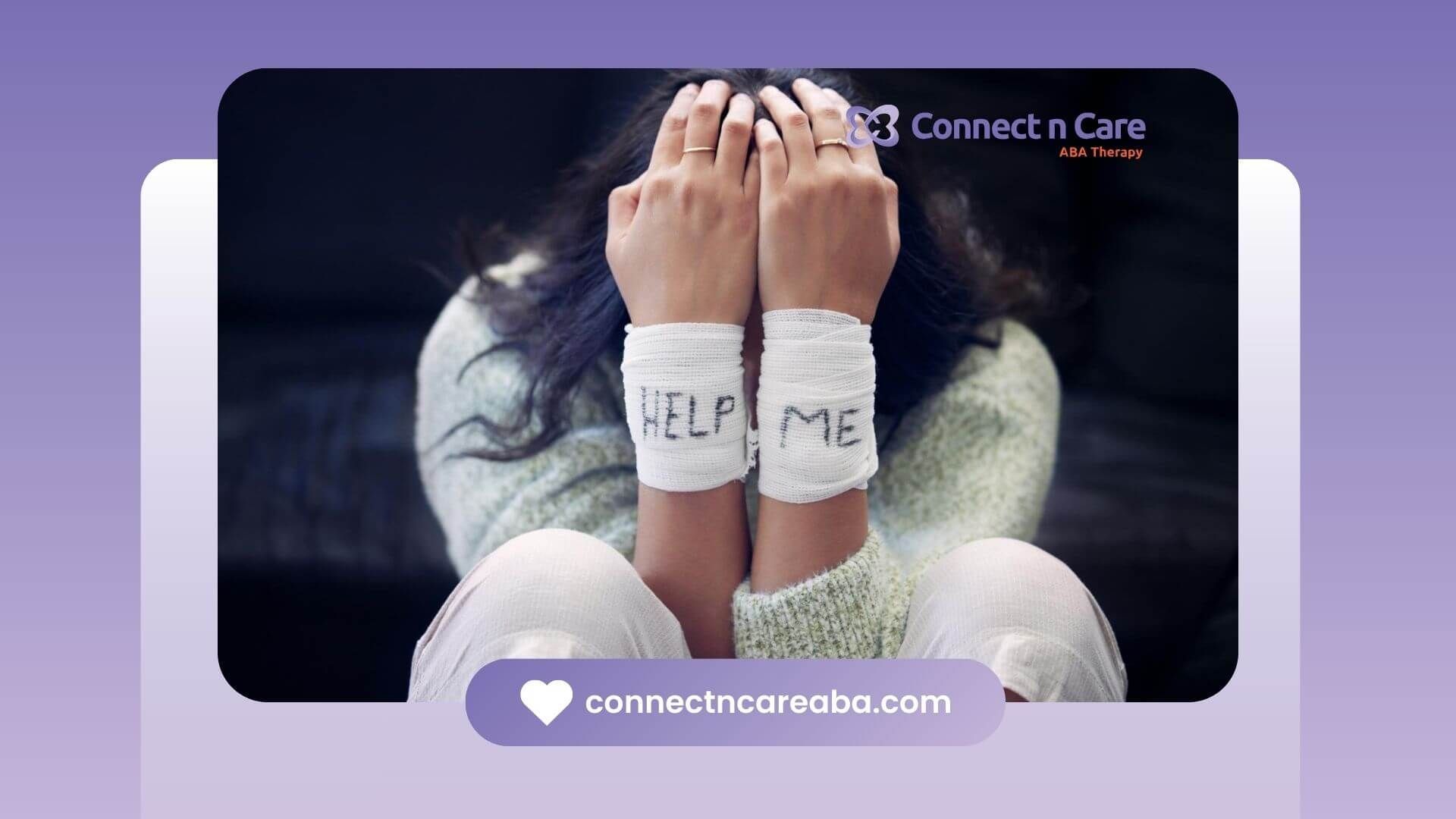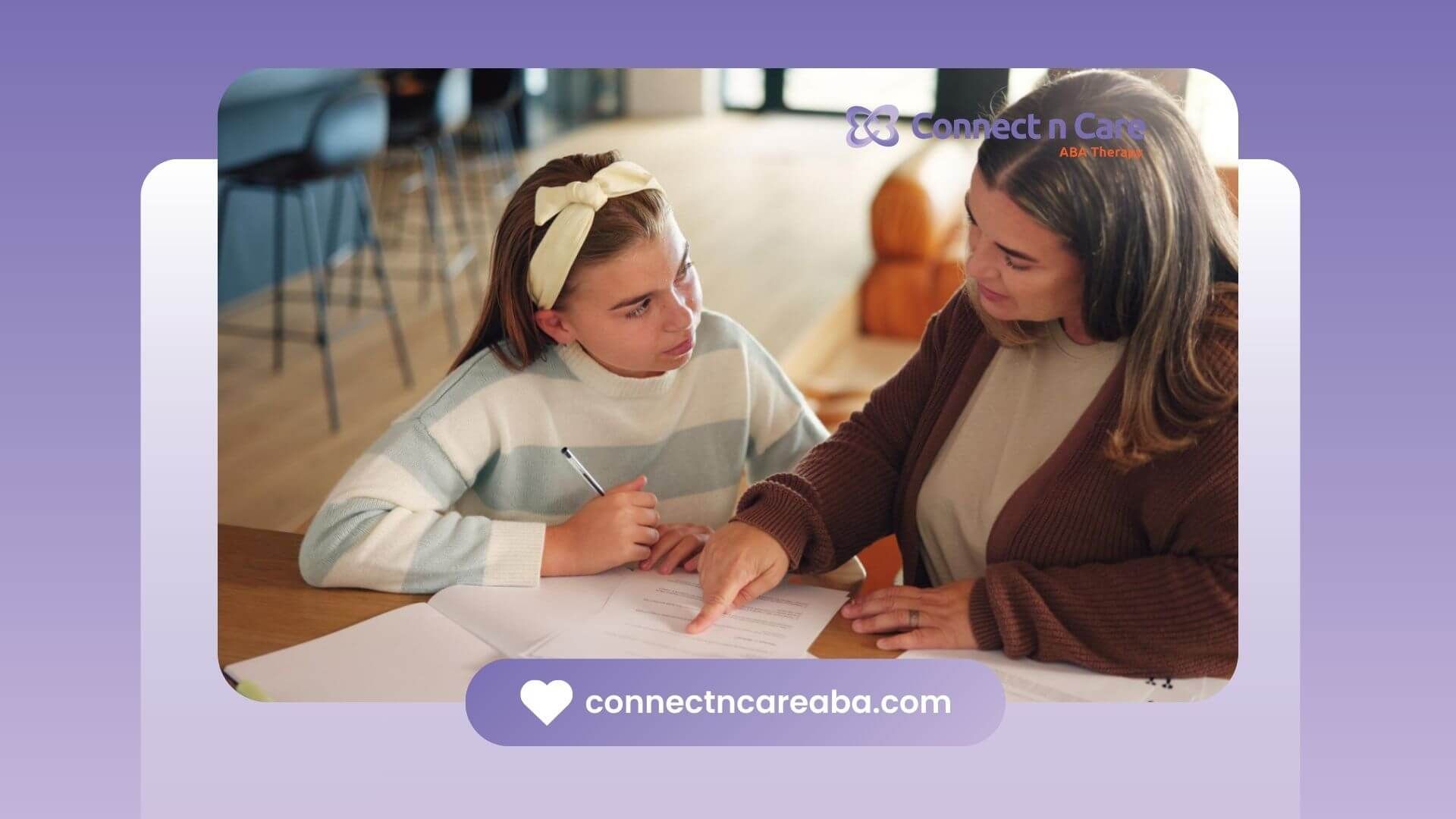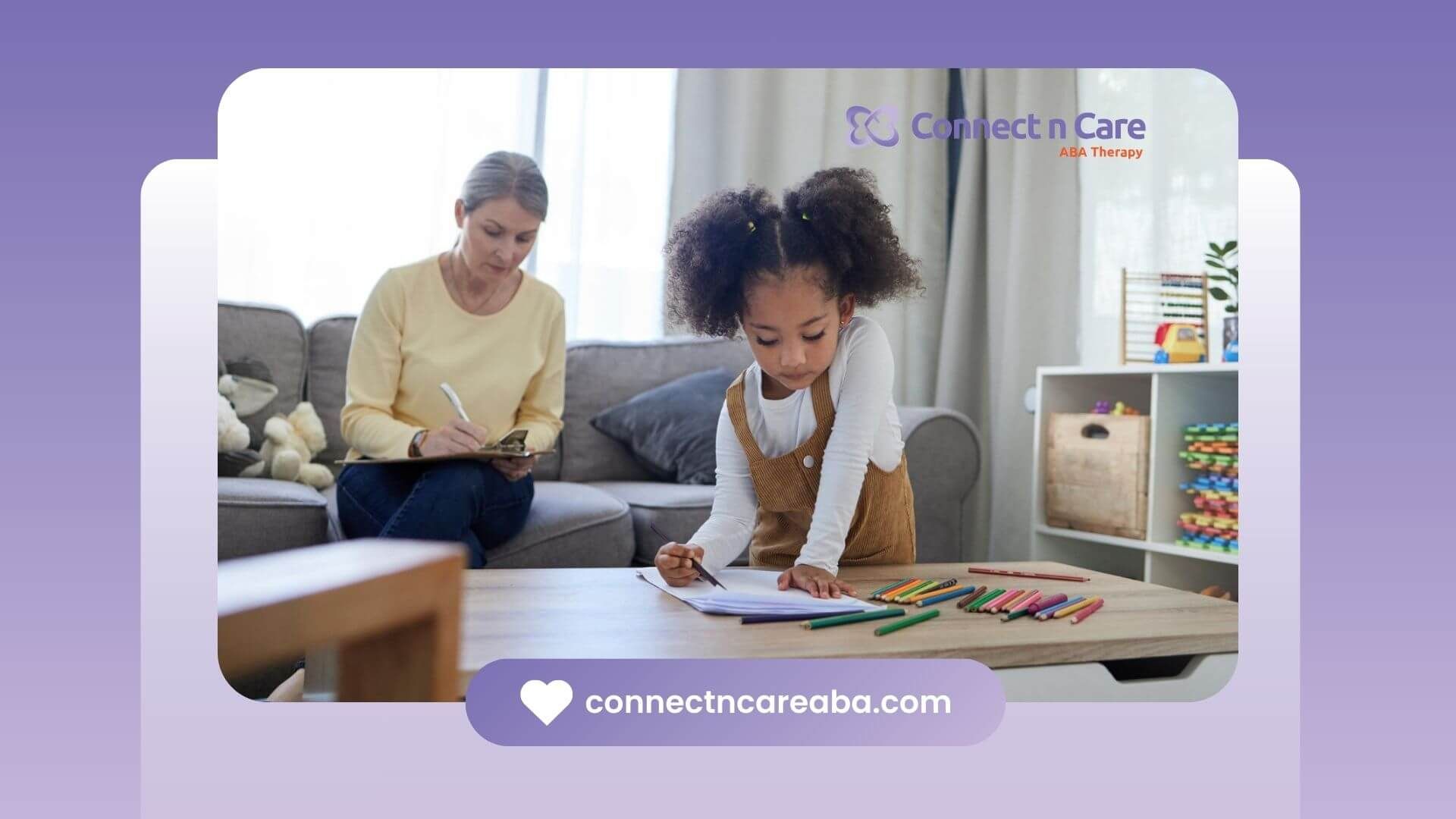Not at all. Seven is absolutely not too old for ABA therapy. In fact, many children start ABA around this age and make incredible progress.
At seven, kids are growing fast, building new social skills, learning emotional regulation, and navigating school expectations — all areas where ABA can make a huge difference.
ABA isn’t just for toddlers. It supports children at many stages, including elementary school and beyond.
Why ABA Still Works So Well at Age 7
By age seven, kids have more language, more awareness, and more ways to communicate. This actually makes ABA easier to personalize. At this age, therapy often focuses on things like:
- Social skills and making friends
- Emotional regulation during tough moments
- Flexible thinking and coping strategies
- Daily living skills
- Classroom behavior and independence
- Communication and conversation skills
Many parents tell us their child makes faster progress at seven because they can participate more actively and understand the goals better.
How Starting ABA at 7 Can Help
Kids at this age often face new challenges — school demands, peer interactions, routines, homework, transitions. ABA gives them (and parents) tools to handle these growing pressures in a calm, predictable way.
The earlier you start, the better… but “early” doesn’t stop at age four or five. Seven is still a perfect time to build skills that will support your child for years to come.
So, is seven too old for ABA? Not even close. Your child can still make meaningful, life-changing progress with the right support and a team that truly understands them.
At Connect N Care ABA, we provide compassionate, individualized ABA services across North Carolina and Virginia, including:
- In-Home ABA Therapy for comfort and convenience
- School-Based ABA Therapy to help your child thrive in the classroom
- Center-Based ABA Therapy for structured learning and social skill development
- ABA Parent Training so families feel confident and supported every day
If you're ready to get your child the support they deserve, reach out to us today — we’d love to help your family.
FAQs
Is It Too Late to Start ABA at Age 7?
Not at all. Many kids begin ABA at seven or older and make strong progress.
What Can ABA Help With for School-Age Kids?
Social skills, communication, behavior, emotional regulation, independence, and academic readiness.
Does ABA Work for Older Children Too?
Yes. ABA can be adapted for kids, teens, and even adults. It’s flexible and individualized.
Sources:
- https://pubmed.ncbi.nlm.nih.gov/39295655
- https://www.autismspeaks.org/blog/questions-and-answers-about-aba
- https://www.chop.edu/health-resources/applied-behavior-analysis-aba-children-autism
- https://pmc.ncbi.nlm.nih.gov/articles/PMC11410448/
- https://pmc.ncbi.nlm.nih.gov/articles/PMC7421097/









